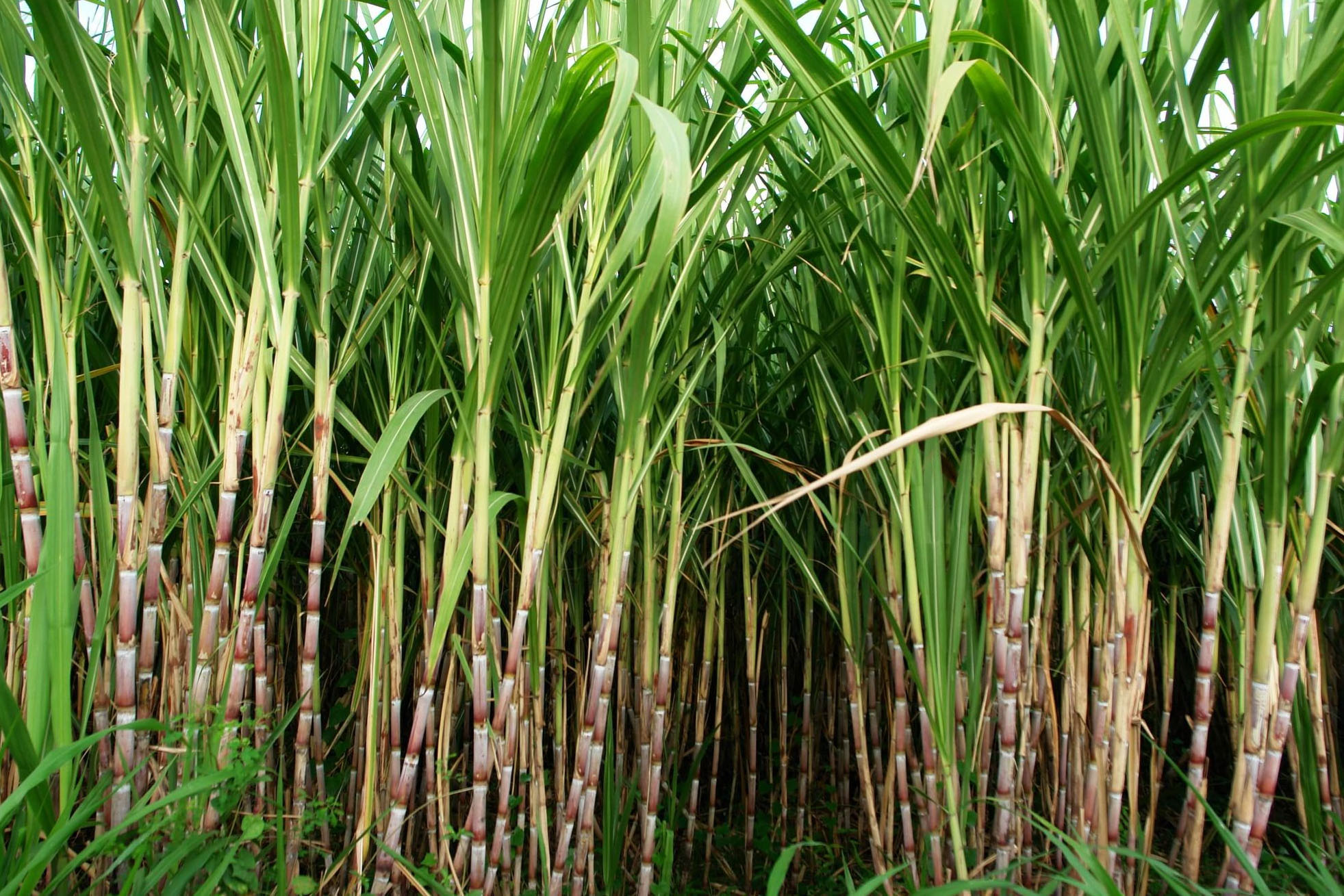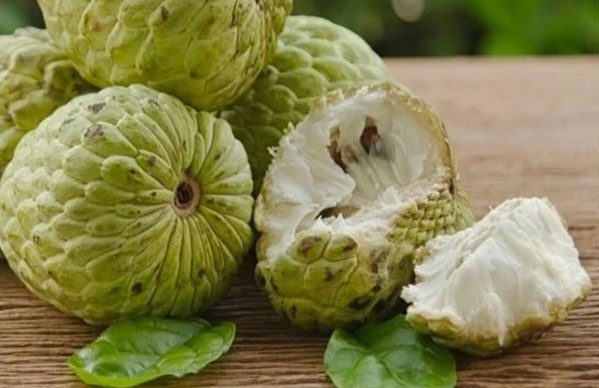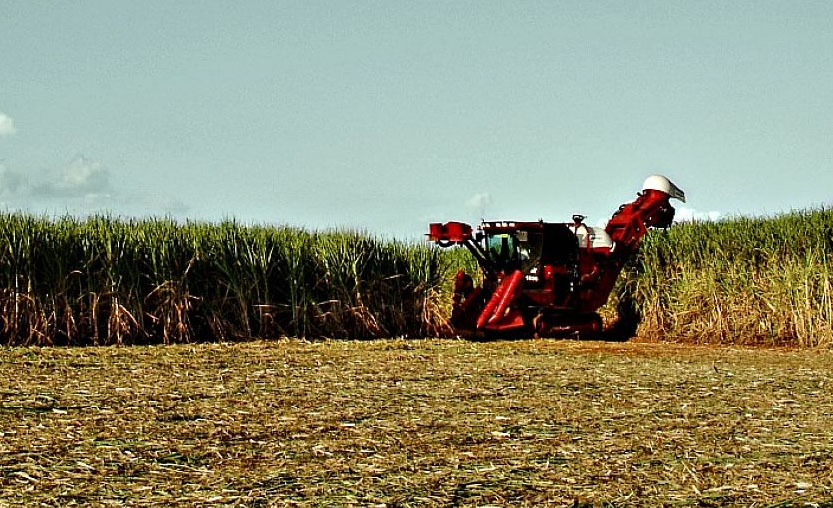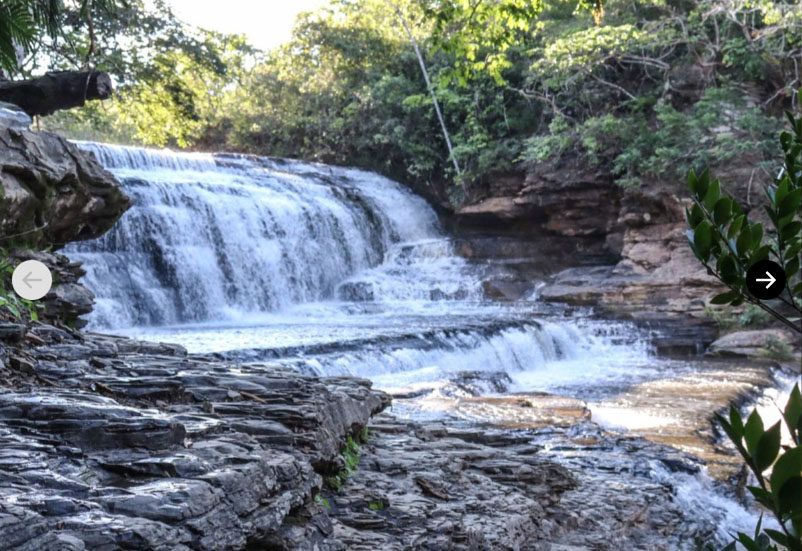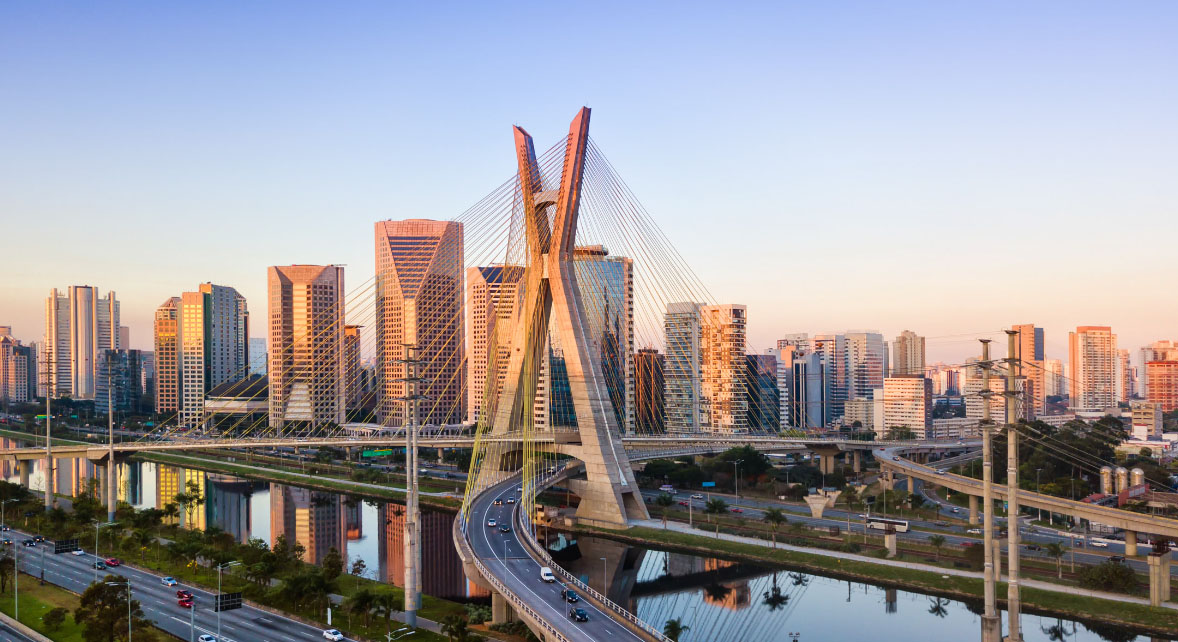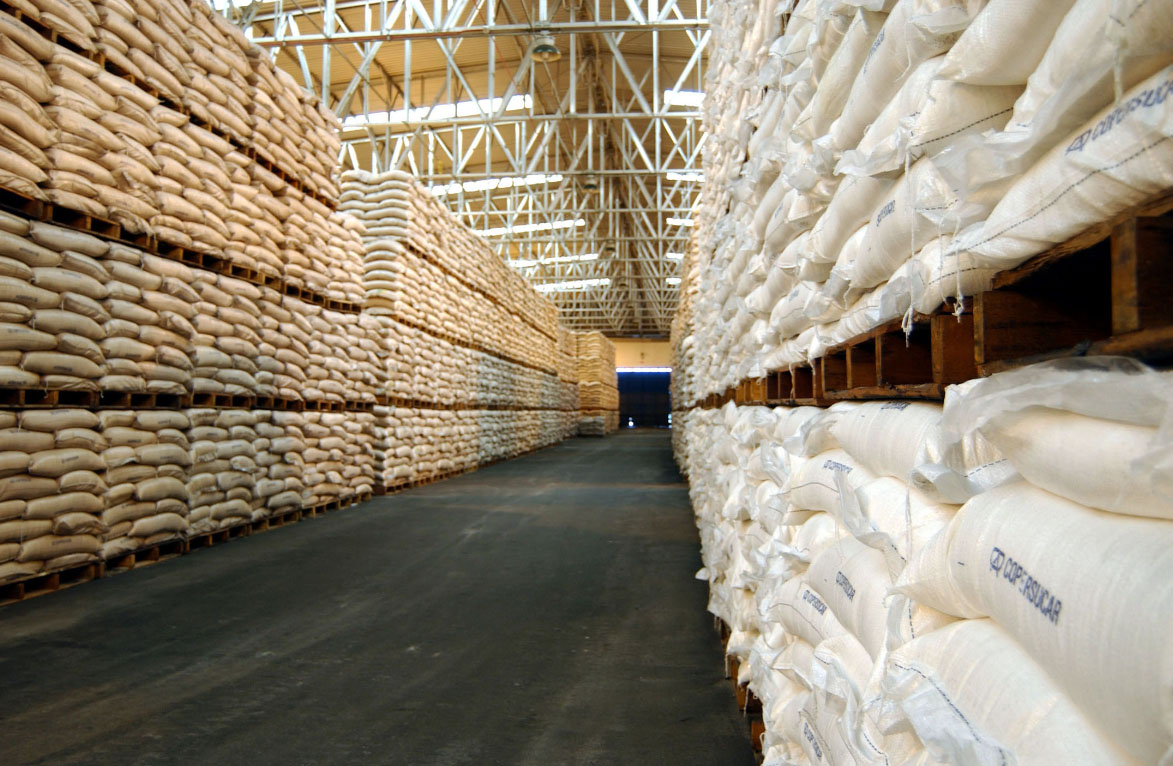Brazil,
with its vast and lush landscapes, is home to some of the world’s most
extensive sugarcane plantations. The sight of endless green fields stretching
across the horizon is an iconic image of the nation. In this blog post, we’ll
embark on a journey into the world of sugarcane in Brazil, unraveling the
history, cultivation, and profound significance of this “green gold”
in the nation’s rich tapestry.
A Historical Perspective
Colonial Origins
Sugarcane
cultivation in Brazil has deep roots, dating back to the Portuguese
colonization. The Portuguese settlers introduced sugarcane to Brazil in the
early 16th century, marking the beginning of the country’s association with
this sweet crop.
Slavery and
Sugar
The
sugarcane industry played a pivotal role in the transatlantic slave trade.
Enslaved Africans were brought to Brazil to work on sugarcane plantations,
leaving an indelible mark on the nation’s history and culture.
The Art of
Sugarcane Cultivation
Vast
Plantations
Brazil’s
sugarcane plantations are colossal, stretching across hundreds of thousands of
acres. The largest plantations are often located in the northeastern and
central-southern regions of the country.
Modern
Farming Practices
Today,
sugarcane farming in Brazil involves modern techniques and machinery, ensuring
efficiency and high yields. Advanced methods like precision agriculture are
increasingly adopted.
Sustainability
and Ethanol
Brazil is a
global leader in sugarcane-based ethanol production. Ethanol produced from
sugarcane is a sustainable and eco-friendly alternative to fossil fuels, making
Brazil a key player in renewable energy.
Significance
in Brazilian Culture and Economy
Economic
Contribution
Sugarcane
is a major economic contributor to Brazil, providing employment, exports, and
income for the nation. Brazil is one of the world’s largest sugar producers and
exporters.
Culinary
Delights
Sugarcane
is not only used for sugar production but also enjoyed in its raw form.
Sugarcane juice is a popular and refreshing beverage in Brazil, providing a
sweet respite from the country’s tropical heat.
Challenges
and Sustainability
Environmental
Impact
While
sugarcane is a valuable crop, its production can have environmental
consequences. Sustainable practices, such as responsible land use and reduced
water usage, are gaining importance.
Biodiversity
Conservation
Efforts are
underway to balance sugarcane farming with biodiversity conservation.
Initiatives like agroforestry and habitat preservation aim to protect Brazil’s
unique ecosystems.
Conclusion
Sugarcane
is more than a crop in Brazil; it’s a symbol of the nation’s history, culture,
and economic strength. From its colonial origins to modern sustainable
practices, sugarcane is deeply rooted in Brazil’s identity. As the world’s gaze
turns towards renewable energy and eco-friendly solutions, Brazil’s sugarcane
fields are poised to play a pivotal role in the nation’s sustainable future.

